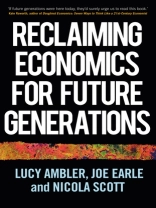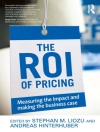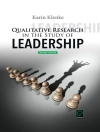Today’s economies fail to recognise that we are in a rapidly worsening crisis, reproducing and often worsening vast and harmful inequalities between people and countries. The current models are unsustainable, and at a time when global temperatures are rising and divides are deepening, humanity is left in a rapidly worsening situation of its own making, the destruction of the living world, which will make large parts of the earth uninhabitable.
Without access to the knowledge, skills or tools to build a better future, local, national and global economies will continue to fail to address the interlinked challenges of systemic racism, inequalities faced by women, the Covid-19 pandemic and the nature and climate emergency.
Across the world, economics students are coming together under the banner of the student movement, Rethinking Economics, to create a better economics – one which can help to create a world where all our children can flourish regardless of their gender, background or birthplace.
Drawing on over sixty interviews with students and professionals from identities and backgrounds marginalised in economics and a wide range of global and historical research, this book illustrates the ways in which the discipline is currently not fit for purpose and sets out a vision for how it can be diversified, decolonised and democratised.
The struggle to reclaim economics could not be more crucial — our futures depend on it. This book explains how it can be done.
Содержание
Introduction
Part I: What has gone wrong with economics?
1 Undiverse and uninclusive – With contributions from Ariane Agunsoye, Michelle Groenewald, Danielle Guizzo and Bruno Roberts-Dear
2 Harmful hierarchies – With contributions from Ariane Agunsoye, Michelle Groenewald and Danielle Guizzo
3 Blind to structural inequality
4 Whitewashes history
5 Undermines democracy and development – With contributions from Brototi Roy and Francesca Rhys-Williams
Part II: Reclaiming economics
6 Reforming academia – With contributions from Ariane Agunsoye, Michelle Groenewald, Danielle Guizzo and Kamal Ramburuth-Hurt
7 Everyday democracy – With contributions from Kamal Ramburuth-Hurt
8 For future generations
Appendices
Index
Об авторе
Julie Froud is Professor of Financial Innovation at Manchester Business School and a member of CRESC












